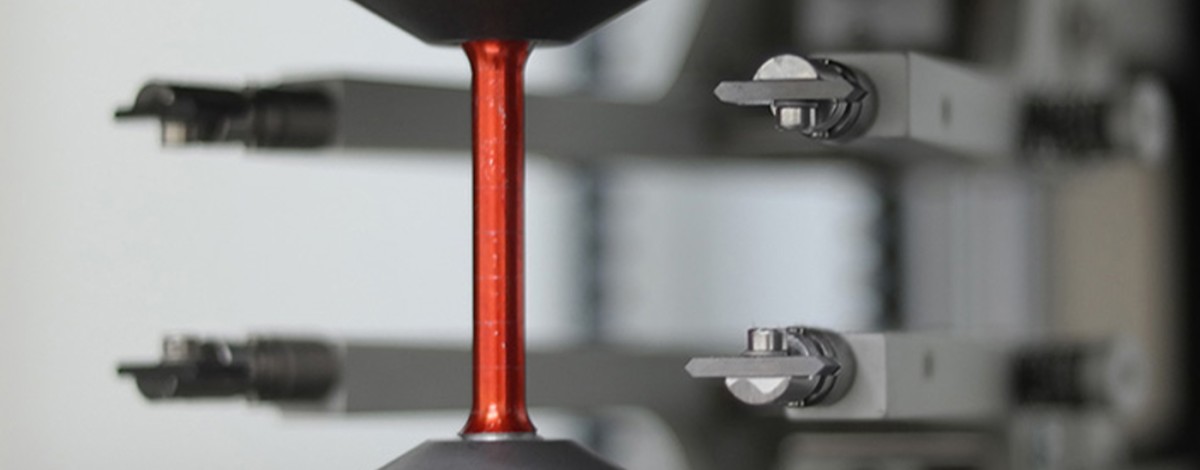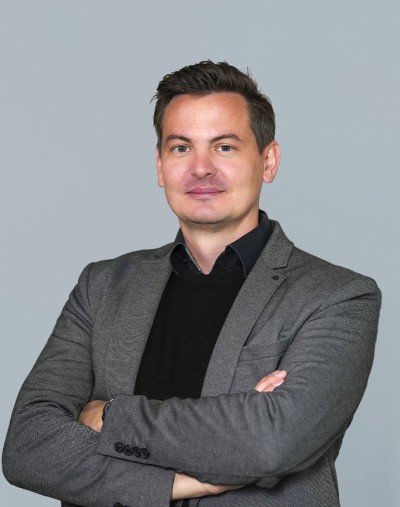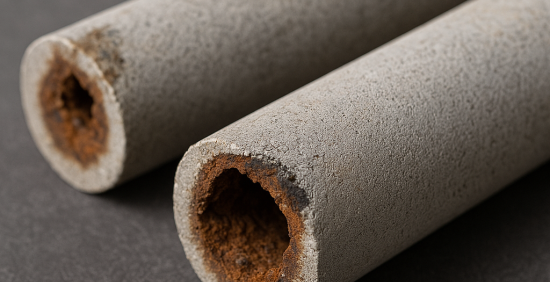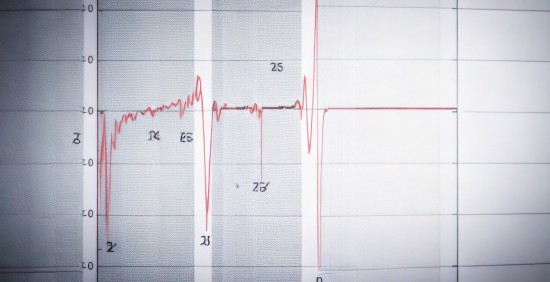GWP

GWP supports the manufacturing industry with tailored solutions for materials engineering.
GWP is the comprehensive provider of materials engineering solutions for the manufacturing industry. With over 3,000 clients utilizing our labs and workshops for quality assurance of their products and processes, we offer extensive expertise in all key areas of materials engineering. Our knowledge, developed over 50 years and more than 30,000 reports, ensures the highest quality and progress—this is what GWP stands for under the motto "Knowledge Drives Progress®."
Our mission is to deliver exceptional materials engineering. We test materials, components, and products, develop processing methods, and resolve complex damage cases. With deep expertise and adaptability, we serve the metal and plastics processing industries at every stage of the product lifecycle.
Our vision for 2027 is to continue making a global impact as a full-service provider in materials engineering. Our strategy of "hybrid service bundles," combining labs, experts, and workshops, will continue to support every phase of the product lifecycle with quality assurance, innovation, and damage analysis.
Focus topics
- Materials testing and quality assurance
- Development of processing methods
- Damage analysis and expert reporting
- Hybrid service bundles combining labs, workshops, and consulting
- Materials engineering for the metal and plastics industries
location
Zorneding, Germany
Partner since
Founding year
ISO number
Partner website

Our focuses:
Analytical Lab
GWP’s accredited analytical lab offers comprehensive testing and analysis procedures to determine the composition of metals, plastics, and composite materials. Using state-of-the-art methods, we analyze the chemical and physical properties of a wide range of materials. As a "one-stop-shop," we also provide extended testing capabilities.
Materials Testing
Destructive materials testing is a core component of quality assurance across many industries. GWP offers a broad range of tests to monitor heat treatments, manufacturing processes, and material defects. At our accredited locations in Munich and Saarland, we conduct practical testing and optimization.
2D and 3D Measurement Technology
As a leading service provider in laboratory services, we offer innovative 2D and 3D measurement methods. Our 2D measurement technology allows for precise and rapid assessment of surface features, using tactile and optical roughness measurements for quality control, production testing, and failure analysis. We provide accurate measurements for metals, glass, ceramics, semiconductors, polymers, and organic materials. In 3D measurement, we use computed tomography to analyze complex geometries and internal structures in detail.
Environmental Simulation
In GWP’s environmental simulation lab, we test the climatic, corrosive, and mechanical effects on your products. In addition to salt spray, weathering, climate, and temperature tests, we offer customized testing to realistically simulate component stresses. With modern xenon and salt spray chambers, along with a 990-liter climate chamber, we ensure practical and reliable testing.
Fire Testing
GWP’s fire lab provides comprehensive fire testing to evaluate the flammability, fire behavior, and heat resistance of materials. Following standards such as DIN 75200, FMVSS 302, and UL94, we test in specialized fire chambers to classify flammability and ensure the safety and compliance of components.
Battery Lab: GWP Battery Testing House
With the growing e-mobility market, the demand for battery testing is increasing. In our battery lab, we test batteries and their components to support development, quality assurance, and failure analysis. Our investigations focus on safety, durability, and production defects.
Case Studies
Explore how we to drive innovation, enhance solutions, and achieve impactful results across industries. Discover our success stories.
Environmental Simulation of Airbag Propellants
In our environmental simulation for airbag propellants, we focus on safe and practical lifespan testing of reactive mixtures like pressed pellets. The recall of ammonium nitrate-based propellants highlights the importance of a reliable accelerated aging method. By combining factors such as temperature, humidity, moisture content, and others, we develop a systematic accelerated aging process. This allows us to create lifespan models that predict operational timelines in different climate zones.

Assessment of Fire Exposure and Fiber Degradation in Fiber-Reinforced Plastics (CFRP)
As part of this project, we examined the degradation of carbon fibers in fiber-reinforced plastics (CFRP) under thermal stress, such as that experienced during a fire. Commercial CFRP was exposed to high temperatures, and fire-damaged components were analyzed. The results showed that at 550°C in air, oxidation of the carbon fibers begins, thinning them to less than 3 μm. Using an Arrhenius model, we were able to estimate the thermal exposure of critical fibers during damage, including fire duration and temperature.

Deposits in a Steam-Corroded Exhaust Pipe: SEM/EDX and XRD Analysis
In this project, we conducted chemical and structural analyses of deposits in a water-cooled exhaust pipe to identify the cause of pitting. The main components of the deposits were iron, carbon, oxygen, and calcium, with the presence of calcite, hematite, magnetite, and goethite. Internally, there were soot deposits and minimal crystallization, while the exterior exhibited fully recrystallized goethite. The analysis suggests that hot gas corrosion, driven by sulfur-containing compounds and moist exhaust gases, is the primary cause. Potential solutions include Cr2O3 coatings or plasma-sprayed coatings.